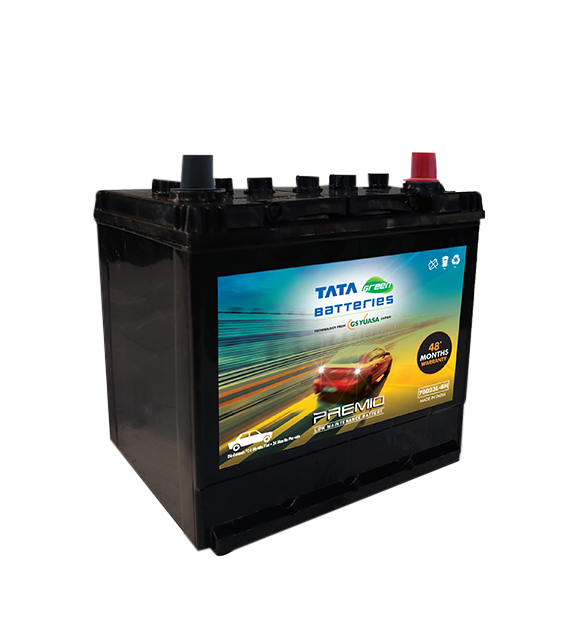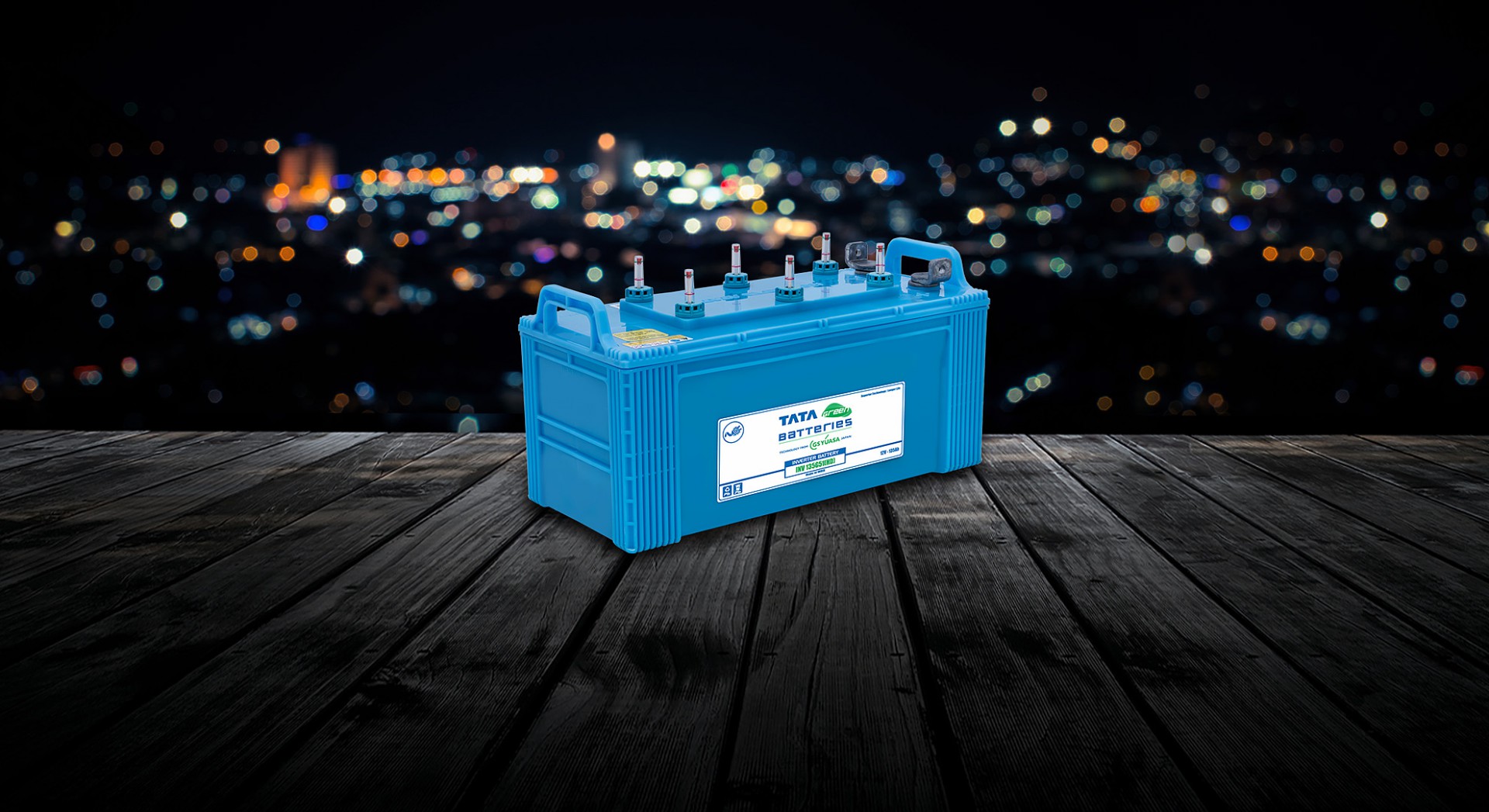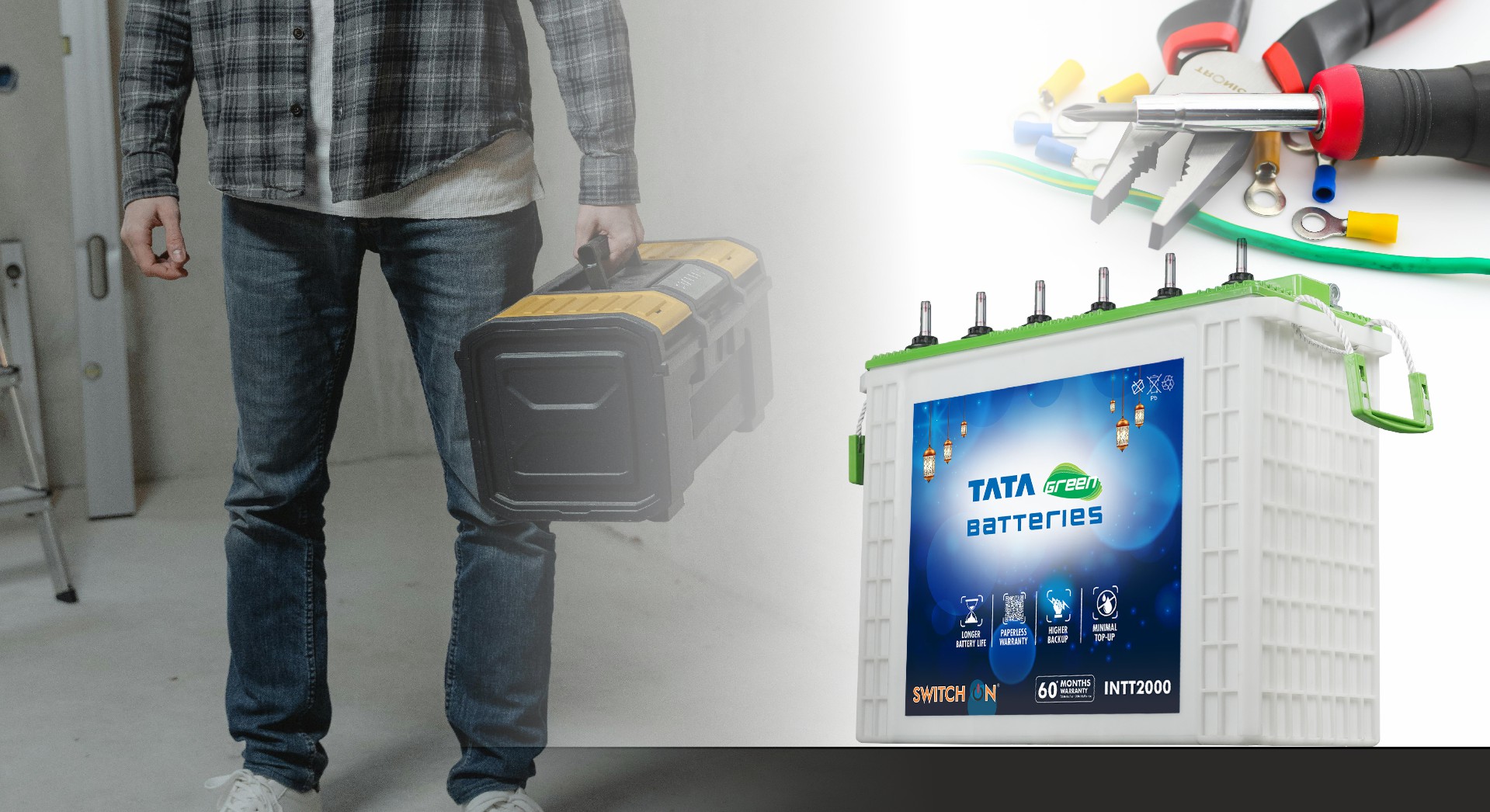We all are aware that a car battery life is fixed, and you cannot extend it beyond that lifespan. Some people need to change it every 2 to 3 years, while the normal car battery lifespan is almost 4 to 5 years, which, again, depends on the make, use and capacity. The performance of any automotive battery declines with time, so the question yet remains how to make car battery last longer. To prevent this and make your car battery last longer, a bit of know-how and regular maintenance are crucial. Here are a few car battery maintenance tips to improve your car battery life.
-
Routine Inspection, at Least Once in 3 Months
One of the most effective ways to extend the life of your car battery is through regular inspections. Aim to check your car battery every three months to ensure it is in good condition. Over time, the terminals of your car battery can corrode, hampering the connection between the battery and your vehicle. This corrosion is a common issue that affects the car battery’s lifespan.
To remove corrosion, scrub it with an anti-seize lubricant (never apply grease) or a mixture of baking soda and water. Wash with water and dry with a piece of cloth. To prevent future erosion, rub some petroleum jelly on the affected areas.
-
Don’t Turn On Your Car Accessories While Idling
A car battery supplies a sudden burst of power to the ignition, not for providing energy for electronics and other devices. Besides, the alternator generates electricity and charges the battery when the engine is on. When the car is idling, operating lights, radio, and other electronics puts unnecessary pressure on the car battery and damages it in the long run.
-
Avoid Short Rides as Much as Possible
Frequent short trips can negatively affect the life of a car battery. The power cells of a four-wheeler car battery take a minimum of time to get fully charged and operate in full force, and short drives often do not provide enough charging time. This can lead to a situation where the car battery is not operating at its full capacity, which impacts its overall performance and lifespan.
To mitigate this, try to incorporate longer drives into your routine whenever possible.
-
Proper Storage for Longer Periods
Neither your car nor its battery has extended inactive periods. If your car remains unused for extended periods, ensure you park it in a shaded and cool place. Also, start the car every few weeks and let it run for 15-20 minutes to maintain battery health. If that’s impossible, a simple battery maintainer can help keep the battery charged without overloading it. Avoid leaving the car idle for too long without attention, as this could drain the battery.
-
Choose Renowned Brands
Always buy a car battery from one of the top battery suppliers in India, like Tata Green Batteries. We are the manufacturers of the best car batteries in India, delivering maintenance-free bike and car batteries with longer battery life, warranty, and replacement.
How to Check Car Battery Health
-
Inspect Your Battery
- Check if the battery case is swollen or bulging. This can be a sign of overheating or internal damage.
- Look for any signs of leakage around the battery terminals or on the battery surface. Leaking car batteries can cause corrosion and damage your vehicle’s electrical system.
- Examine the terminals for white, ashy deposits. Corrosion can hinder the car battery’s power delivery and affect overall performance. Clean any corrosion promptly to avoid further issues.
-
Use a Battery Tester
A battery tester is a handy tool that provides a quick assessment of your battery’s condition. Attach the battery tester’s clamps to the battery terminals—positive to positive and negative to negative. Ensure a secure connection for an accurate reading. Follow the tester’s instructions to get a reading. A healthy car battery should have a charge level of 12.6 volts or higher when the engine is off. When the engine is running, the voltage should rise to about 13.7 to 14.7 volts. If the readings are significantly lower, it may indicate a car battery that’s nearing the end of its life.
-
Battery Load Test
For a more thorough check, a load test can reveal your car battery performance under stress. The load tester applies a specific load to the battery while measuring its performance. This simulates the conditions the battery will face when starting your car. The tester will measure how much the battery voltage drops under load. A significant drop could indicate that the battery can’t handle the demands of starting your vehicle and may need replacement.
-
Check Cables and Connections
Ensure that the car battery cables and connections are secure and in good condition. Check for any fraying or damage to the battery cables. Damaged cables can affect battery performance and should be replaced if necessary. Ensure that the cable connections are tight and secure. Loose connections can lead to poor car battery performance and electrical issues.
-
Regular Maintenance
Regular maintenance can help prolong your car battery’s life and prevent issues. Clean the battery terminals regularly to remove corrosion and ensure a good connection. Check the electrolyte levels for batteries with removable caps and top up with distilled water if necessary. Incorporate battery health checks into your routine maintenance schedule before long trips or seasonal changes.
Ready to Take Charge?
Proper maintenance and care can significantly enhance your car battery’s lifespan and performance. Follow these tips to make your car battery last longer, avoid premature battery failure, and ensure your vehicle remains reliable. If your car battery is not working optimally or you have any confusion regarding its performance, visit the nearest Tata Green dealer for expert assistance in diagnosing and resolving any issues. Also, choosing a quality battery brand like TATA Green Batteries can guarantee optimal performance and longevity.










